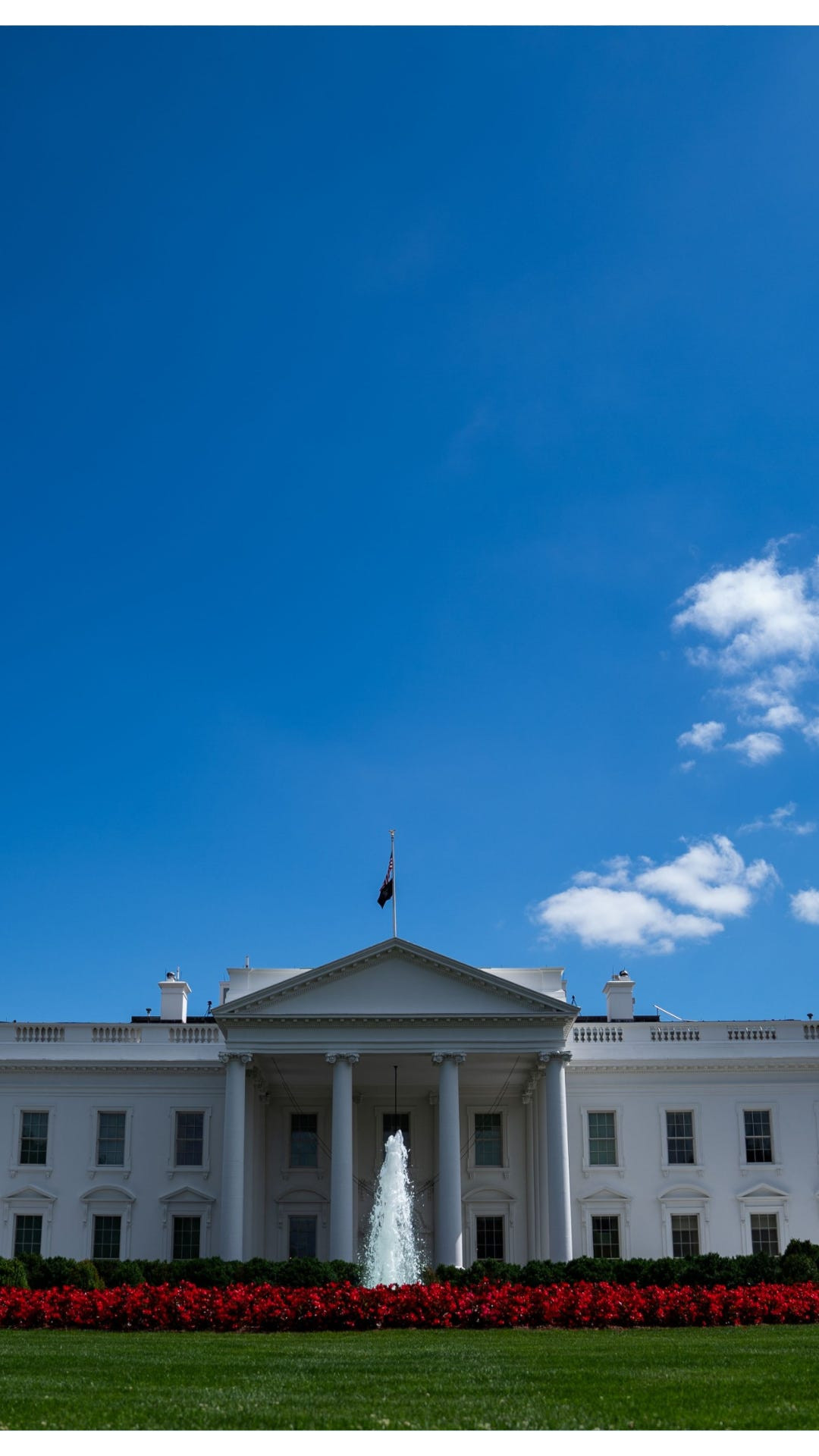Presidential pardons are a significant power, allowing a president to absolve individuals of federal crimes. This authority once again finds itself in the limelight, especially after President Joe Biden recently pardoned his son, Hunter Biden, who faced federal felony tax and gun charges. However, Biden is not the first president to extend this act of clemency to family members or close allies. Former President Bill Clinton, for instance, pardoned his half-brother Roger Clinton for drug charges. Looking back, the pardons issued by former President Donald Trump during his first term also sparked considerable discussion, particularly concerning whether he pardoned a family member.
During his time in office, Trump granted 144 pardons, a list that included not only close political allies but also, notably, a family member: Charles Kushner, the father of his son-in-law, Jared Kushner. This decision, along with other pardons for figures like Steve Bannon, Paul Manafort, and Roger Stone, raised eyebrows and ignited debates about the scope and fairness of presidential pardon power. As discussions around potential future pardons in a possible second Trump term, including those for January 6 Capitol rioters and Peter Navarro, continue, it’s crucial to understand the context and details of past pardons, especially the one involving a family member.
Charles Kushner: The Family Connection and the Pardon
Charles Kushner, a prominent real estate developer and founder of Kushner Companies, is central to the question “Did Trump Pardon A Family Member?” His connection to the Trump family is through his son, Jared Kushner, who is married to Donald Trump’s daughter, Ivanka Trump. In 2005, Charles Kushner faced serious legal repercussions, being convicted of preparing false tax returns, retaliating against a cooperating witness, and making false statements to the Federal Election Commission. These charges led to a prison sentence of over 16 months, part of a two-year term in federal prison and a halfway house before his release in 2006, as reported by NorthJersey.com, part of the USA TODAY Network.
 Charles Kushner, father of Jared Kushner, was among those pardoned by President Trump.
Charles Kushner, father of Jared Kushner, was among those pardoned by President Trump.
In the final days of his presidency in 2020, Donald Trump pardoned Charles Kushner. The White House statement at the time justified the pardon by highlighting Kushner’s commitment to philanthropy and charitable work, suggesting that “This record of reform and charity overshadows Mr. Kushner’s conviction and 2 year sentence.” This pardon was particularly notable because Charles Kushner is, through marriage, a member of the extended Trump family, making it a direct answer to the question of whether Trump pardoned a family member.
Pardons Extended to Top Allies
Beyond Charles Kushner, Trump’s pardon list included several high-profile allies who had been embroiled in legal controversies. These pardons underscored the president’s willingness to use his clemency power for those within his political circle.
Steve Bannon
Steve Bannon, a former chief strategist in the Trump White House, received a pardon from Trump while facing federal fraud charges. These charges stemmed from his involvement in the “We Build the Wall” crowdfunding campaign, where he was accused of defrauding donors. Prosecutors alleged that funds raised for building a border wall were illicitly diverted to Bannon and others. While Trump’s 2021 pardon absolved Bannon of these federal charges, it’s important to note that Bannon still faces state-level charges related to the same scheme. Furthermore, Bannon served a four-month prison sentence for contempt of Congress in 2022, after defying a subpoena from the House committee investigating the January 6th Capitol attack.
Paul Manafort
Paul Manafort, who served as Trump’s campaign chairman, was another beneficiary of a presidential pardon. Manafort had been sentenced to over seven years in prison for a range of financial crimes, witness tampering, and lobbying violations. Trump pardoned Manafort in the final days of his first term, echoing claims of “prosecutorial overreach” and describing Manafort as a victim of a “witch hunt.”
Roger Stone
Roger Stone, a long-time political ally of Donald Trump, was also granted clemency. Stone’s charges arose from special counsel Robert Mueller’s investigation into Russian interference in the 2016 election. Convicted on seven felony counts, including obstruction of a congressional investigation and witness tampering, Stone was initially sentenced to over three years in prison. Trump commuted Stone’s prison sentence in 2020, later issuing a full pardon. The White House, at the time, dismissed Stone’s convictions as a result of the “Russia Hoax.”
Michael Flynn
Michael Flynn, Trump’s former national security advisor, was also pardoned by President Trump. Flynn had pleaded guilty to lying to the FBI about his communications with a Russian ambassador. His case was part of the broader Mueller investigation, and Flynn’s pardon came amidst his attempts to withdraw his guilty plea, claiming political motivations behind the charges.
The Significance of Trump’s Pardons
President Trump’s use of pardon power was notable for its inclusion of both a family member and several close political allies. The pardon of Charles Kushner directly answers “did Trump pardon a family member?” in the affirmative, highlighting the complexities and potential criticisms of such decisions. These pardons, while within the legal authority of the president, fueled debates about fairness, the rule of law, and the potential for preferential treatment based on personal or political connections. As discussions around future presidential pardons continue, the precedent set by Trump’s actions remains a significant point of reference and discussion.

